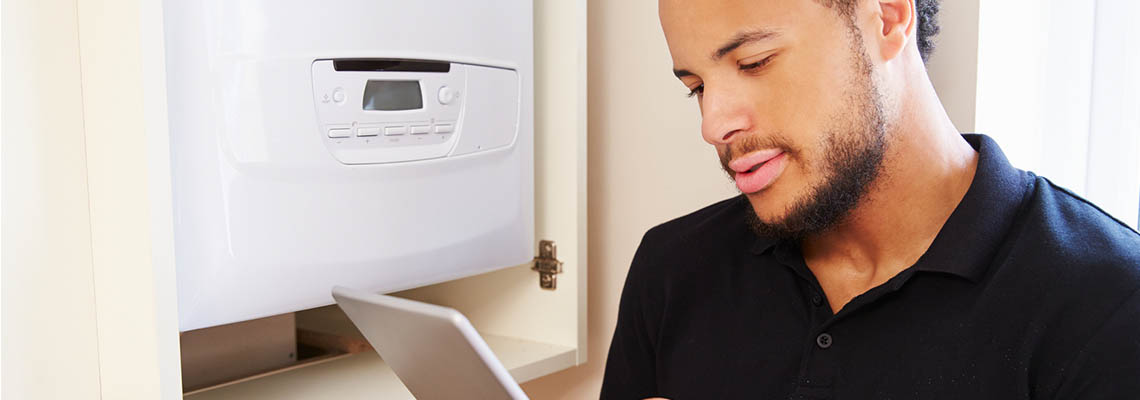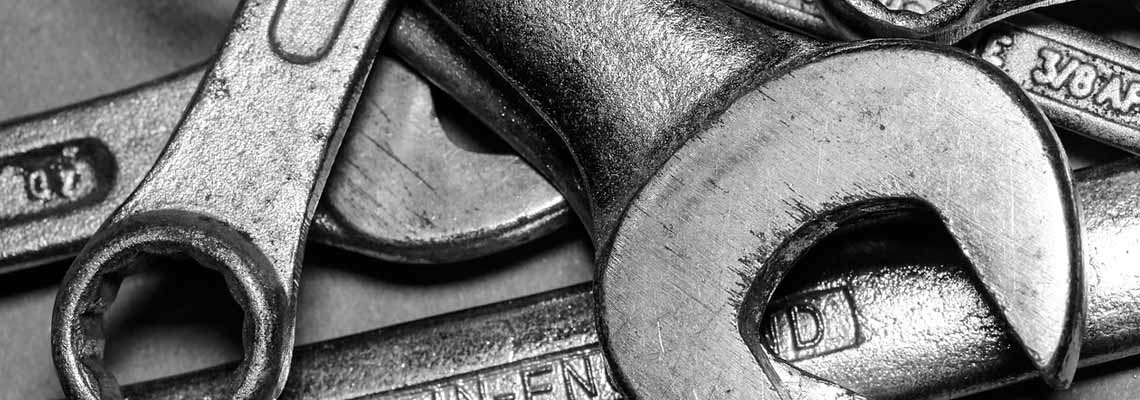As a plumber, it’s important that you’re covered by the right insurance. While you’ll find that not all forms of insurance are legal requirements, that doesn’t make them any less essential. Taking out the right plumber insurance could save you from having to make a payout with your own money.
We’ve broken down all the different types of plumber insurance so that you know which you need, what’s covered and how they will help your plumbing business.
Why is plumber insurance essential?
Accidents can happen to even the most careful of plumbers. In some cases this could lead to you having to find the money to make large payments as compensation. Being covered by the correct insurance will mean that you’re protected should a customer make a compensation claim.
There are several forms of insurance that will mean you’re covered in a variety of circumstances. While employer’s liability insurance is the only legal requirement if you have any employees, taking out as much cover as possible will protect your business in a variety of circumstances.
Insurance plumbers need
Not all forms of insurance are required by law but that doesn’t mean it’s not a good idea to take out coverage. As a plumber you should look into the following forms of insurance:
- Employer’s liability insurance – legal requirement
- Professional indemnity insurance
- Public liability insurance
- Personal accident insurance
Also, should something happen to your van or tools then you won’t be able to work so you’ll want to cover them with the appropriate insurance too, which we’ll come onto later in the article.
What is employer’s liability insurance?
For anyone running a plumbing business that hires at least one plumber or heating engineer, then you need to take out employer’s liability insurance by law.
With employer’s liability insurance, you’re covered in the case that one of your employees gets injured while completing a job for your company.
Employers without this cover could receive a fine of £2,500 for every day without it.
What is professional indemnity insurance?
In the event that a customer takes legal action against you as they believe they’ve been given misleading advice or there are issues with the work, having professional indemnity insurance will ensure that you’re covered.
This isn’t a legal requirement but as a plumber providing advice to customers on a daily basis, you should make sure you have professional indemnity insurance.
What is public liability insurance?
Public liability insurance isn’t a legal requirement but this doesn’t mean it’s not worth having. By taking out public liability insurance, you’ll be covered for any financial liabilities that are the result of your work.
To give you an example, let’s say you fit some new piping around a property but a few days later it begins to leak, causing damage, the policy will pay an agreed amount of compensation to the customer.
As we mentioned, public liability insurance isn’t required by law but it’s worth noting that some customers will require you to provide proof that you have a policy before you’ll earn the contract.
What is personal accident insurance?
In the event that you’re injured on a job and unable to work, personal accident insurance will see that you’re covered for lost income as well as any medical costs. This is particularly important if you wouldn’t have enough money coming in if you were unable to work for a certain period of time.
Difference between professional indemnity insurance and public liability insurance
Should a business experience financial or reputational loss as a result of work you’ve carried out, then professional indemnity insurance will cover you. Public liability insurance, meanwhile, will mean that you’re covered for damage to property or physical injury that happens as a direct result of any work you’ve carried out.
Tool insurance
Without your tools you’re unable to work so taking out some form of tool insurance is vitally important for any plumber.
Van insurance
Your van is equally as important as your tools so the right cover for your vehicle is essential should it end up damaged or stolen. Not to mention insuring your vehicle being a legal requirement.
Top insurance companies for plumbers
Now that you know the types of insurance you need to take out, you’ll need to find the right insurance company. The following companies all have plumber insurance policies that are worth comparing to find the right one for you:
- AXA
- Direct Line
- Hiscox
- Premierline
- Simply Business
- Performance Direct
When taking out tool insurance, make sure that you have an accurate total value which will help to make things much easier should you ever need to make a claim. It’s also important to check that the tool insurance policy covers them against damage or theft while in transit.





